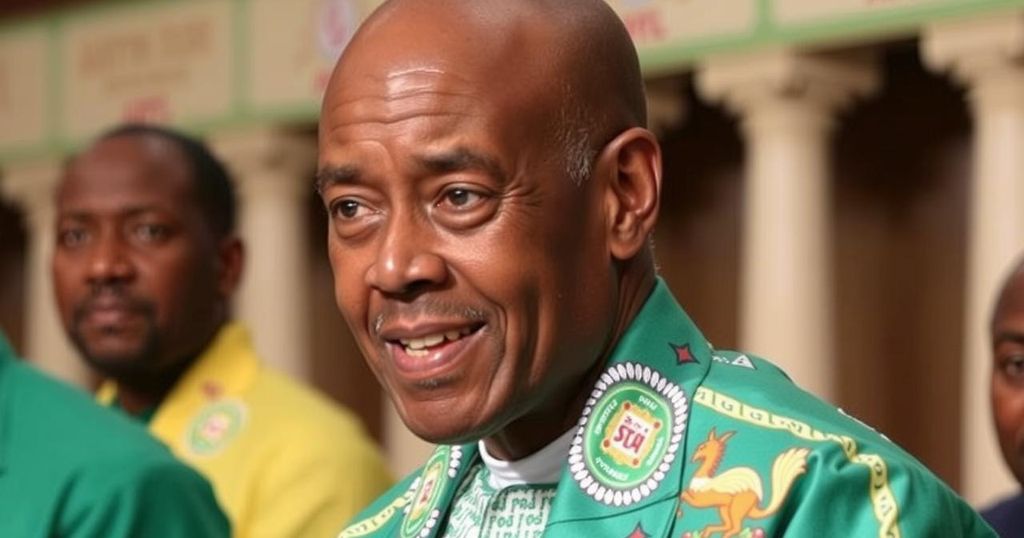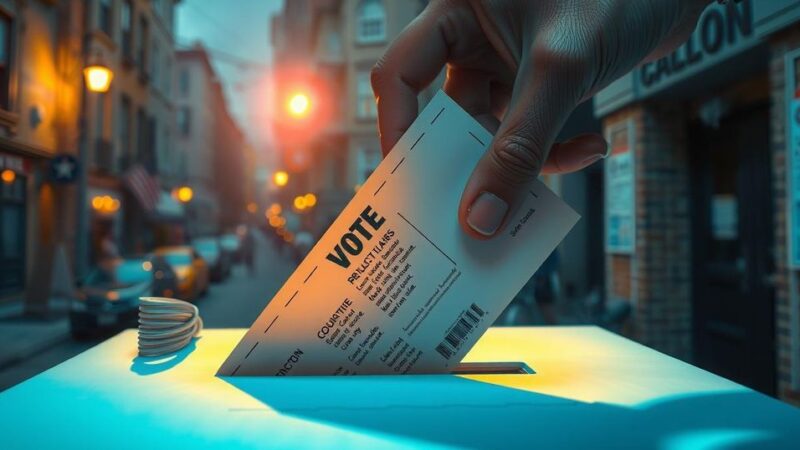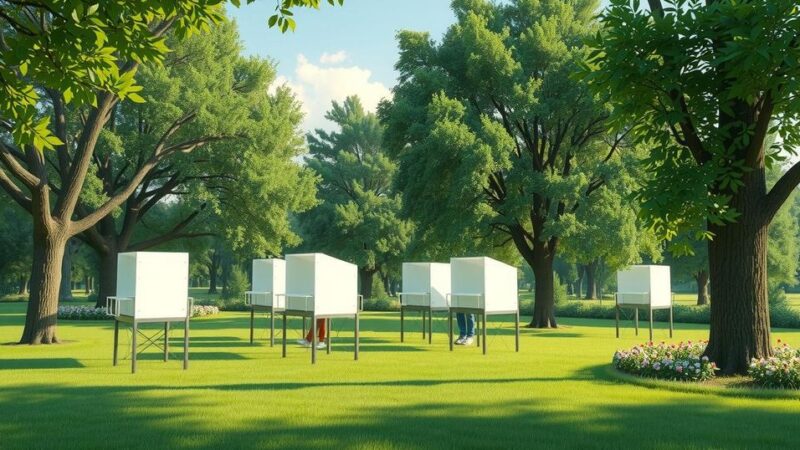Voting in Chad’s first parliamentary election in 13 years is underway, amid opposition boycotts and low turnout due to claims of pre-decided outcomes. The government presents the election as a vital move towards democracy, although past grievances about electoral integrity persist.
Voting has commenced in Chad’s much-anticipated parliamentary election, marking the first such event in 13 years amidst a backdrop of political controversy. Citizens are tasked with selecting representatives for a new parliament, provincial assemblies, and local councils. Notably, the opposition has initiated a boycott, claiming that the electoral outcomes had been predetermined, leading to low voter turnout in N’Djamena, the capital city.
The previous military regime, which has now transformed into a civilian government under President Mahamat Idriss Deby Itno, asserts that this election is crucial for concluding military governance. Deby, who ascended to power following the death of his father, declared this election a significant milestone. However, opposition leaders, including Succes Masra of the Transformers party, contest the legitimacy of the elections, stating, “The fabricated results are already in the computers.”
Voter participation appeared muted, attributed by election officials to the “cold weather.” Nevertheless, the electoral agency announced substantial turnout figures among military personnel and nomadic voters, which they characterized as record-breaking. Local issues are greatly influencing these elections, with nominees urged to address challenges posed by climate change affecting agricultural communities.
Polling stations will be observed by around 100 international election monitors and party representatives to ensure transparency, although there have been reports of electoral discrepancies, including the mysterious disappearance of ballots intended for Bongor. The full ramifications of this election will manifest against the ongoing threats of terrorism from Boko Haram and geopolitical tensions connected to Sudan, as the government positions the elections as a pivotal step toward democratic transition.
Chad has been under military rule since the death of former president Idriss Deby in 2021, which triggered a reorganization of governance. The government, led by Mahamat Idriss Deby Itno, has framed these parliamentary elections as a critical step towards establishing a democratic framework, something that has been fiercely contested by opposition factions. The political climate in Chad is charged, with strong sentiments surrounding democratic processes and electoral integrity, especially given the country’s history of authoritarian governance and resistance from opposition groups.
In summary, Chad’s parliamentary elections serve as a litmus test for the country’s transition from military rule to democracy. The opposition’s boycott indicates deep-seated mistrust in the electoral system, while the government’s assurances of progress stand in stark contrast to reported voting irregularities. Ultimately, the outcome of this election will be pivotal for Chad’s political landscape and its struggle for democratic governance amidst socio-economic challenges and security threats.
Original Source: www.aljazeera.com






